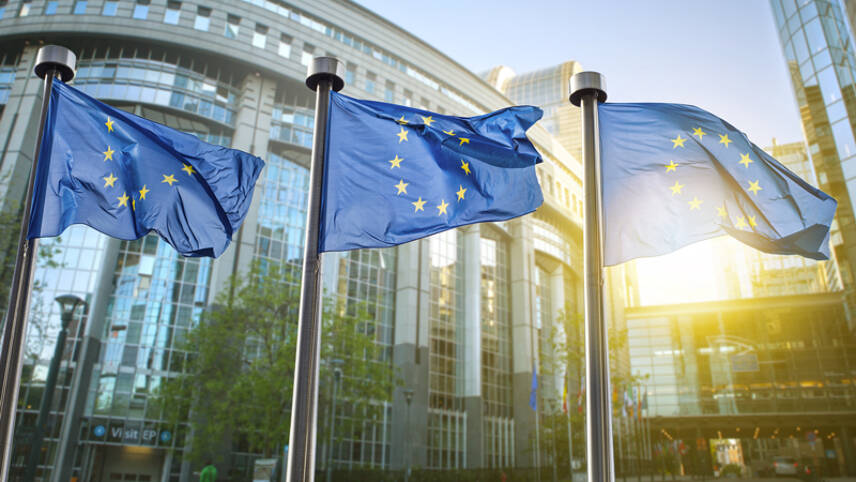Register for free and continue reading
Join our growing army of changemakers and get unlimited access to our premium content

Under the agreement, CDP will align its disclosure system with the ESRS using technical expertise and guidance provided by EFRAG. This partnership aims to promote environmental reporting by ensuring that businesses are prepared to comply with new mandatory sustainability reporting standards.
EFRAG Sustainability Reporting Board’s chair Patrick de Cambourg said: “Only with robust environmental data can financial markets and other stakeholders identify businesses with credible plans to reduce their impacts so that they thrive in a zero-emissions, nature-positive future.
“The standards elaborated by EFRAG in its role as technical advisor to the European Commission will support capital markets to compare companies, reduce greenwashing and redirect capital. And our collaboration with CDP will help to accelerate these standards’ market uptake, building capacity among EU and non-EU businesses alike to use them as regulation comes in.”
CDP’s disclosure system already covers climate change, forests and water security, with its data being used by financial institutions, policymakers and organisations worldwide to measure and drive corporate environmental progress.
CDP, with EFRAG’s support, will offer webinars and technical guidance materials to help companies report ESRS data through CDP. CDP is currently used by more than 23,000 companies, representing a considerable portion of global stock market capitalisation and some 90% of European market value.
CDP Europe’s executive director Maxfield Weiss said: “With the bar now being raised globally in respect to environmental disclosure, our collaboration with EFRAG will ensure companies preparing to report can do so through CDP.
“The ESRS are a watershed – an obligation for thousands of companies inside and outside the EU to report how they impact climate change, pollution, water and biodiversity. Their implementation through the CSRD will help ensure a level playing field for and support the companies already investing in their transition.”
More on the European Sustainability Reporting Standards
Starting in January 2024, the ESRS will apply to approximately 50,000 businesses including non-EU headquartered companies in the future. This expansion will require many companies worldwide to consider requesting information about their value chains.
The ESRS follow a double materiality approach, requiring businesses to report how climate and environmental changes affect their operations, value creation, and their impact on people and the planet.
The ESRS covers climate change (E1), pollution (E2), water and marine resources (E3), biodiversity and ecosystems (E4), and resource use and circular economy (E5). These standards legally oblige companies to report a broad range of environmental data, including impacts, risks, and opportunities.
The ESRS align with the IFRS S2 climate-related disclosure standard from the International Sustainability Standard Board (ISSB) and the Global Reporting Initiative (GRI) standards, contributing to global sustainability reporting efforts.


Please login or Register to leave a comment.